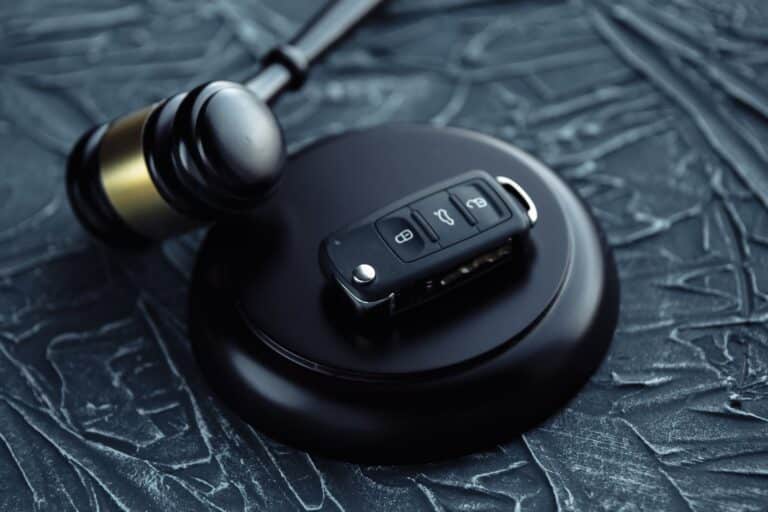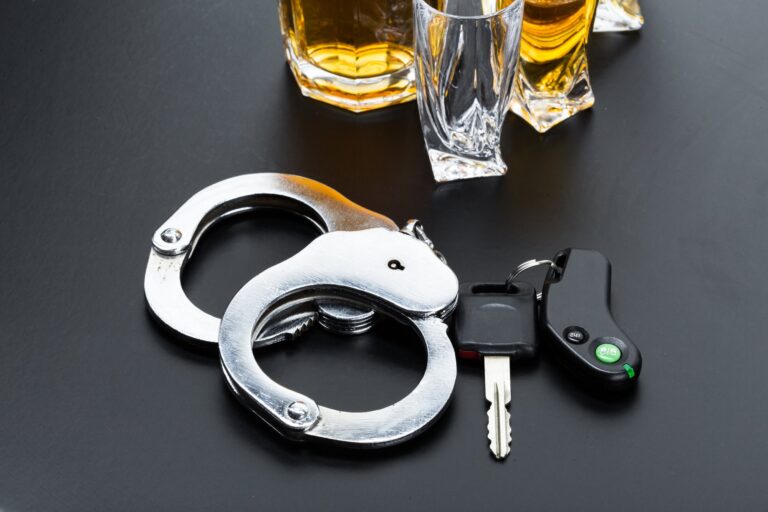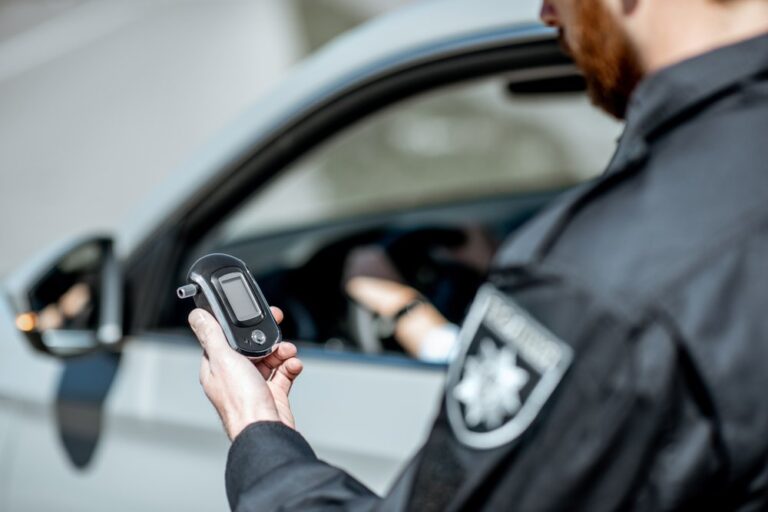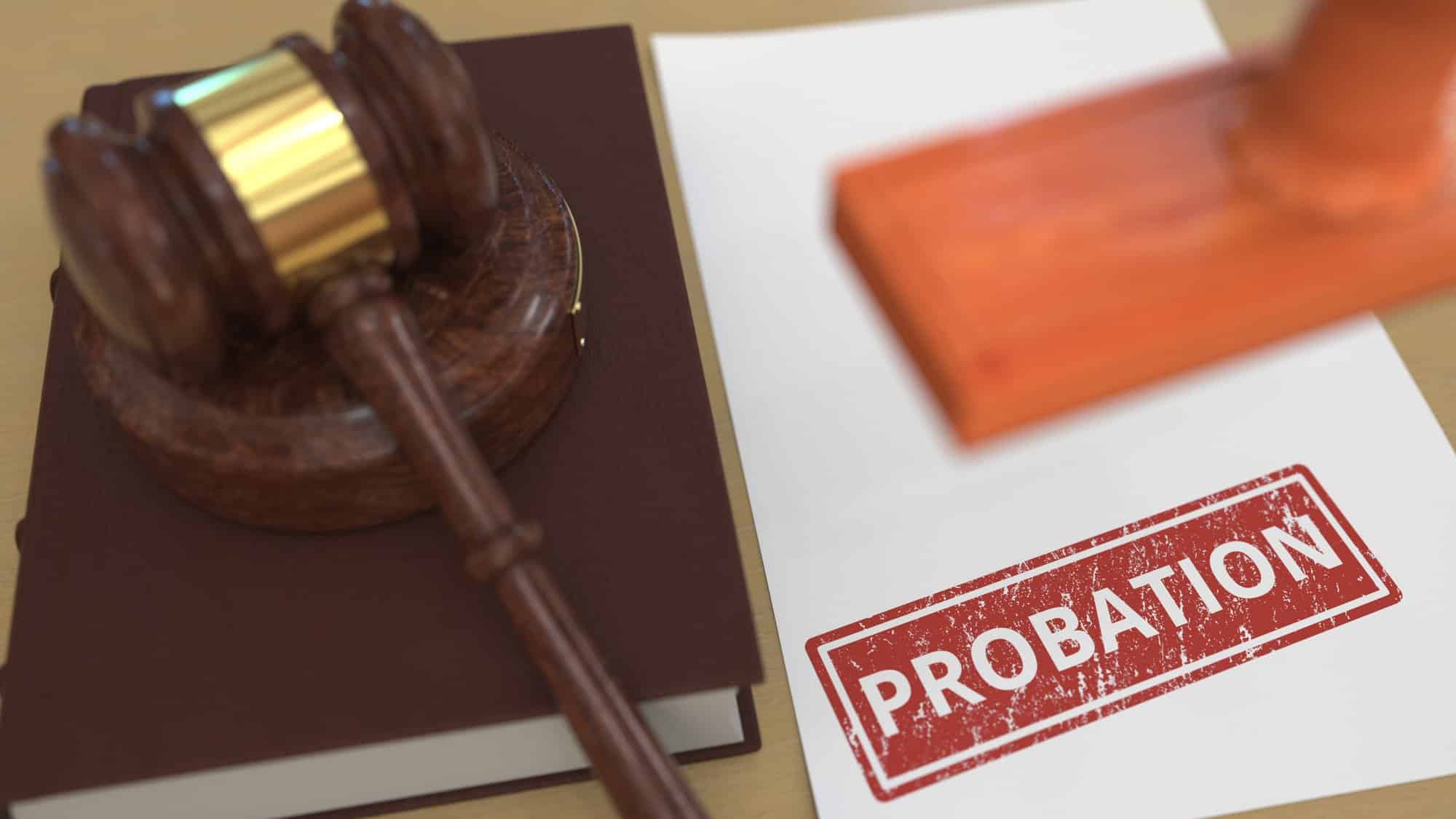Being arrested for drinking and driving can be stressful — and navigating the legal process can be particularly overwhelming if you are unfamiliar with it. If you’re facing DWI charges, you likely have many questions about the potential consequences and penalties. The...
INSIGHTS
Understanding Constructive Possession in Drug Cases
There are two types of possession in New York drug crimes — actual and constructive. Significantly, constructive possession is an alternative theory to actual possession that allows a person to be charged with a drug-related offense, even if they did not have the...
What are Mitigating Factors in DWI Sentencing?
If you’ve been convicted of a DWI, a judge will consider both aggravating and mitigating factors when determining your sentence. Mitigating factors are circumstances that can reduce your level of culpability — and lessen the penalties that might be imposed. It’s...
What Happens if You Violate the Ignition Interlock Device Requirements?
If you were required to install an ignition interlock device (IID) in your vehicle in connection with a DWI, it’s crucial to comply with the court order. Violating an IID mandate is a serious matter that can be charged as a misdemeanor offense, resulting in jail time...
How Can an Expert Witness Help in My DWI Case?
Being convicted of a DWI is a serious matter that can come with significant repercussions — and it’s crucial to mount a solid defense. If your DWI case will be going to trial, your criminal defense attorney might want to bring in an expert witness as part of your...
Can Medications and Medical Conditions Affect Breathalyzer Results?
Breathalyzers are commonly used by the police when they pull someone over on suspicion they are driving while intoxicated. While these devices measure blood alcohol content (BAC) to determine whether the driver is impaired, there are a number of reasons why they may...
What’s the Difference Between Drug Possession, Sale, and Intent to Sell a Controlled Substance in New York?
Drug selling and possession offenses are two categories of narcotics crimes that are prosecuted aggressively in New York. While drug possession involves holding a controlled substance for personal use, the criminal sale of a controlled substance refers to selling,...
When Are Breathalyzer Results Inadmissible in New York?
A breathalyzer is a tool regularly used by law enforcement in New York DWI cases to determine whether a driver’s blood alcohol concentration (BAC) exceeds the legal limit. However, there are certain protocols that must be followed and legal requirements that must be...
What is Double Jeopardy and How Does it Work in a Criminal Case?
Double jeopardy protects criminal defendants from being tried more than once for the same offense. It is a right that is afforded to the accused under both the Fifth Amendment of the U.S. Constitution and New York Criminal Procedure Law. Specifically, it provides...
What are the Consequences of Violating Probation in New York?
Probation is a common alternative to jail time for certain criminal offenses in New York. While probation can allow someone who is convicted of a crime to remain in their community, specific terms and conditions must be followed. Failure to do so can result in a...
When Can a Traffic Violation Lead to Criminal Charges in New York?
Most traffic violations in New York are charged as infractions which do not come with any jail time — the penalties that are typically imposed for these offenses are a fine and points on your license. However, certain violations committed behind the wheel are charged...
Understanding Your Rights if You’ve Been Charged with a Drug Crime
Whether the offense involves possession, distribution, or trafficking a controlled substance, being charged with a drug crime can be stressful and overwhelming. If convicted, you could face substantial jail time, significant fines, and a permanent criminal record that...












